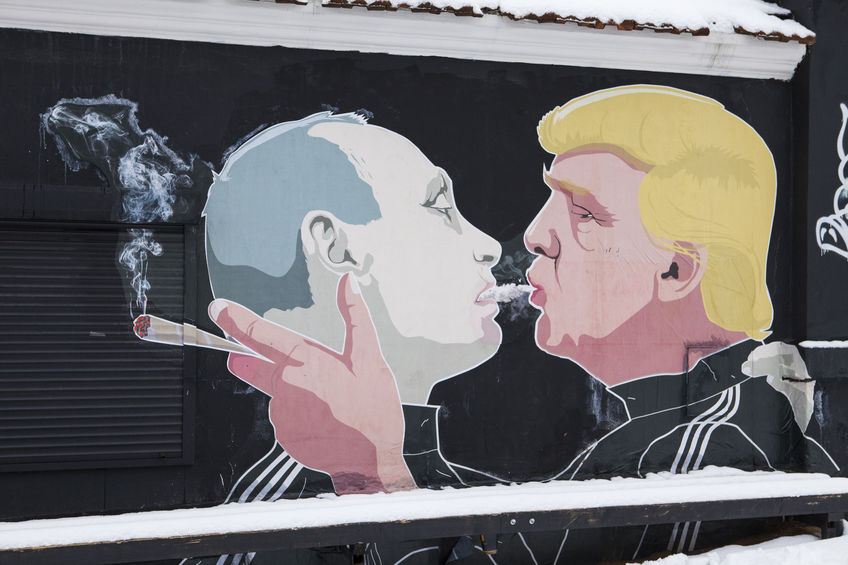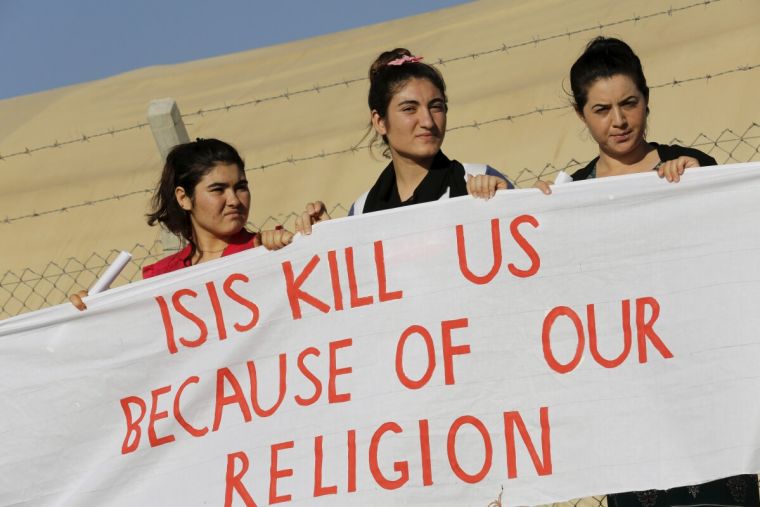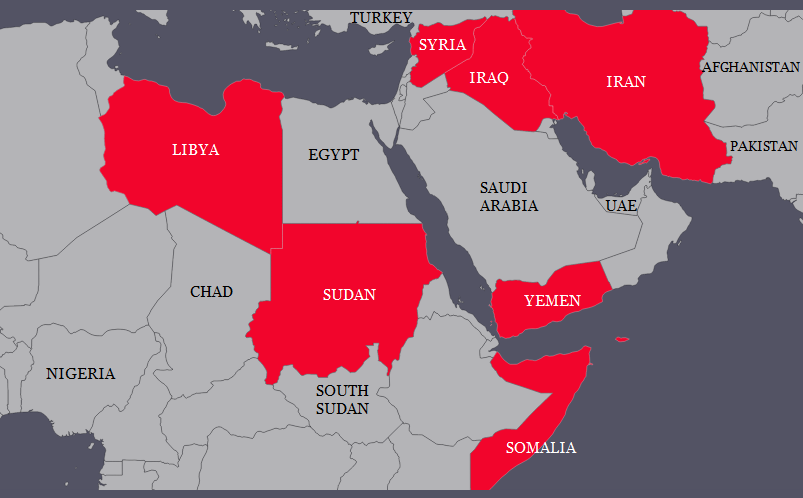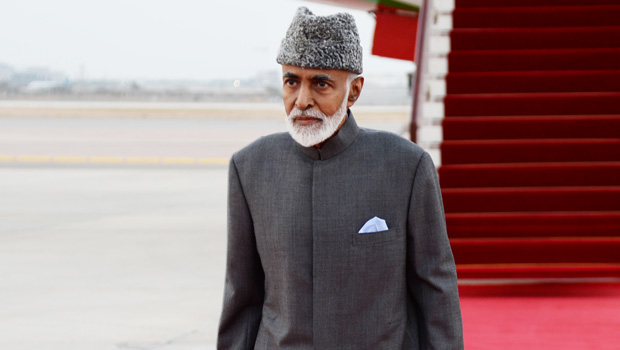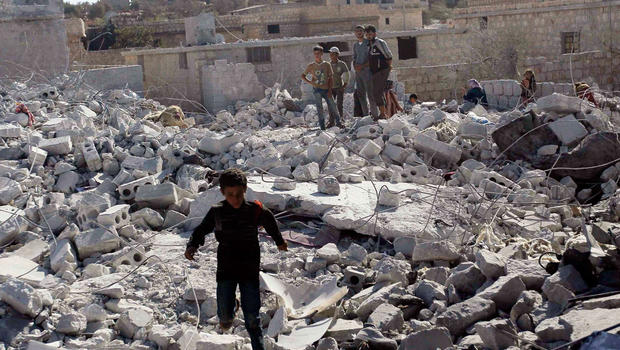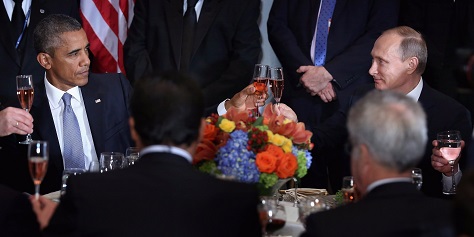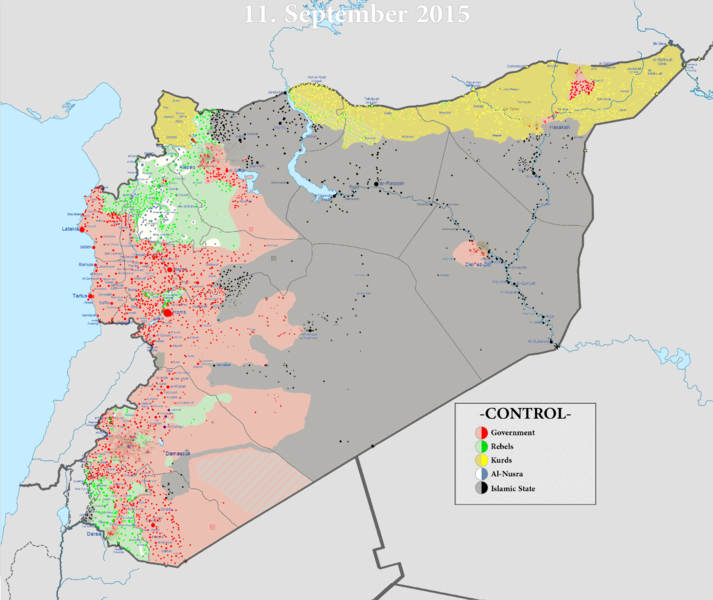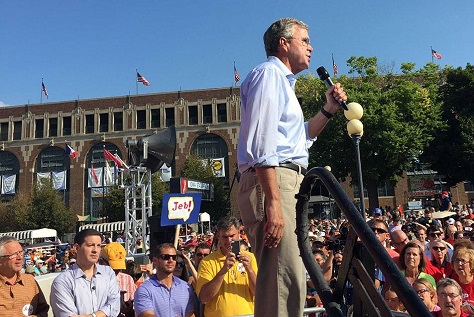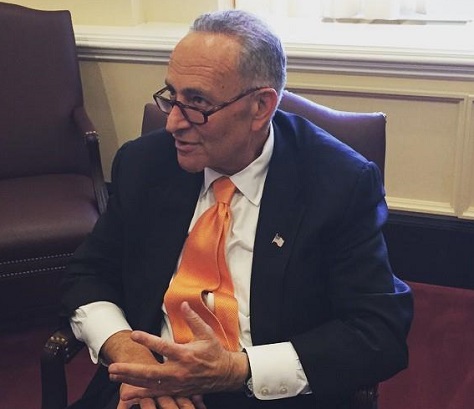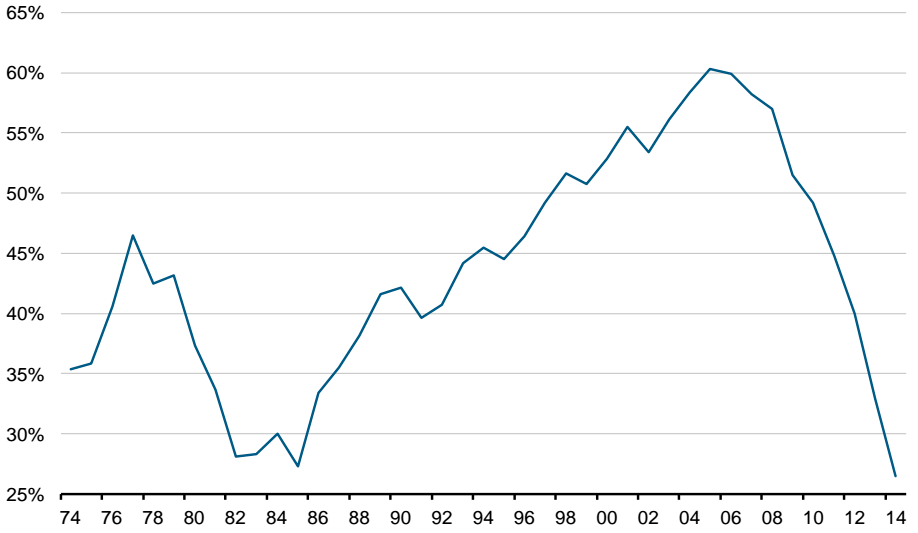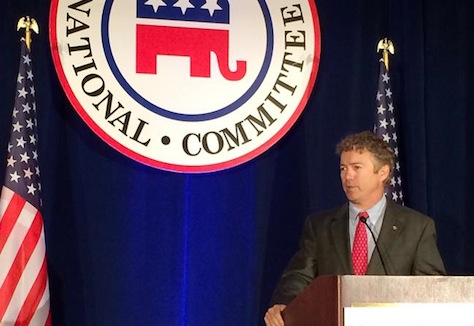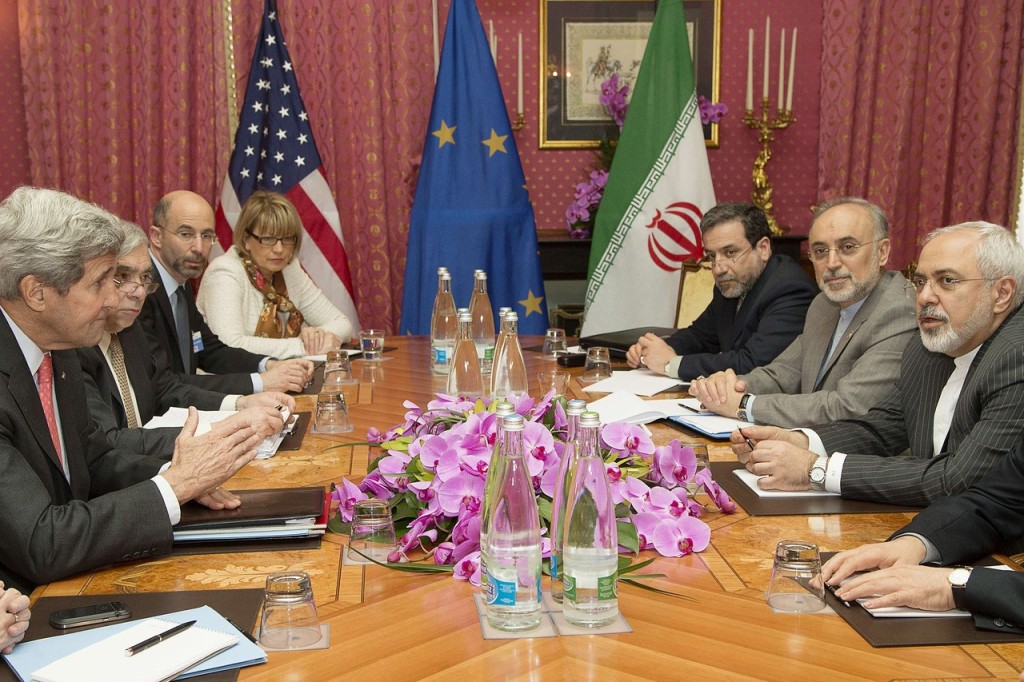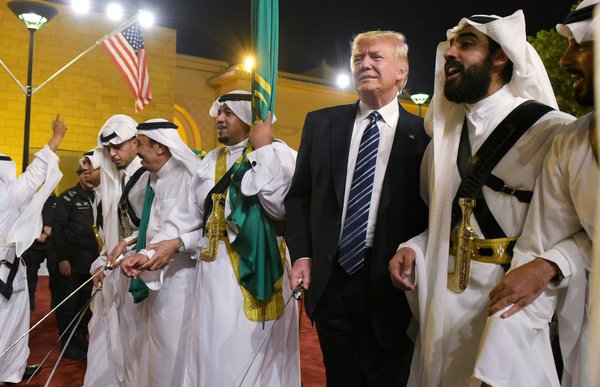
Most American presidents kick off their international schedule with a visit to neighboring Canada or Mexico.![]()
![]()
US president Donald Trump, having picked fights in his first 100 days with both, instead chose Saudi Arabia, launching a five-stop tour that has now taken him to Israel and will also take him to the Vatican, Italy and Belgium on his maiden foreign trip in office. As many commentators have noted, Saudi Arabia was an incredibly odd choice for the leader of a secular democracy.
Nevertheless, Trump came to Saudi Arabia with a firm message of camaraderie. The Obama administration took a more balanced approach to the conflicts of the Middle East, measuring support on a case-by-case basis. While Obama-era policy didn’t exactly rebuff the Saudis, it did put some limits on the bilateral relationship (belatedly, on the use of US arms to kill civilians in the ongoing war in Yemen). Moreover, the Saudis were aghast at the multilateral deal with Iran over nuclear energy, given that it created a preliminary avenue of cooperation between Washington and Tehran, though no one should doubt that the United States remains much closer to Saudi Arabia than to Iran, and that was always true during the Obama administration.
But Trump is returning to the previous approach — unqualified support for Saudi Arabia vis-à-vis its neighbors, especially Iran. In contrast to the Obama administration’s desire to stay out of the regional Sunni-Shiite conflict, essentially a proxy war between Saudi Arabia and Iran, Trump has made it clear that he’s taking the Sunni side.
It’s a throwback to US policy, not in the 2000s under the Bush administration, but more to the 1980s under the Reagan administration. Unlike George W. Bush, who routinely spoke about human rights and democracy, Trump brought no value judgments to Riyadh, though the Saudi kingdom remains one of the most repressive regimes on the planet. Bizarrely, Trump’s daughter Ivanka discussed female entrepreneurship in a country where women do not have the right to drive cars. US commerce secretary Wilbur Ross marveled at the lack of protesters, in a country where freedom of expression is met with imprisonment — or worse.

It’s not clear, exactly, what Trump received in return. Trump handed gift after gift to the Saudis, in exchange for the royal treatment in Riyadh, with parades and pomp and little else, short of bold new promises to help rein in Sunni extremism, and the opening of a new Global Center for Combating Extremist Ideology.
* * * * *
RELATED: One chart that explains Obama-era Middle East policy
* * * * *
That’s clear enough from the $110 billion arms deal that Trump signed with the Saudis on Saturday, which will boost Saudi efforts to bolster Yemen’s president Abdrabbuh Mansur Hadi in an ongoing and bloody war with nominally Shiite Houthi rebels that control Yemen’s north, and who are supported in part by Iran. In an uncharacteristically bland speech on Saturday, Trump embraced the Muslim world as an ally in the global fight against extremist ideologies — remarkable for a president who, during the 2016 election, called for a ban on all Muslims entering the United States and who railed against the Saudis for funding the kind of extremists who planned and carried out the 2001 terrorist attacks.
Generally speaking, though, the consensus is that Trump got played for a sucker.
But there’s another interpretation worth considering. Continue reading Why Trump’s outreach to Saudi Arabia might not be so clueless

